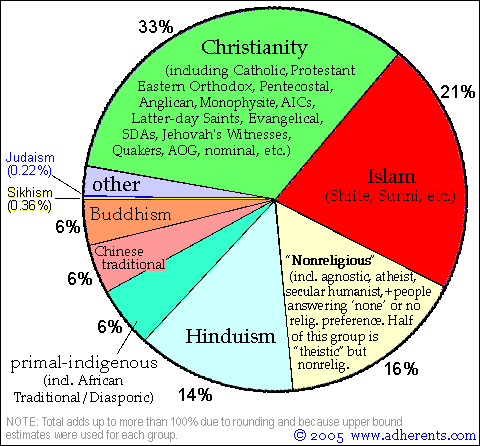A Methodist minister from Pennsylvania has been suspended pending being defrocked for presiding over a gay marriage. This article is not about gay marriage, or gay rights, in any way. This article is about playing by the rules.
The Methodist church does not excommunicate gay members, but it does not allow them to be members of the clergy, and it does not allow its clergy to preside over gay marriages. A minister in Pennsylvania decided to preside over his son’s marriage to another man in Massachusetts, where gay marriages are legal. Members of the minister’s congregation became aware of the issue and complained to the church council, who held a hearing and found the minister guilty of not following church doctrine. The minister was suspended for thirty days, during which time he will be allowed to reflect and repent, meaning promise to never preside over another gay marriage. The minister has stated he has no intention of repenting, because three of his four children are gay.
There are many denominations of Christians, and some will preside over gay marriages. Some will ordain gay ministers. But not the Methodists.
I can understand this minister’s desire to follow his beliefs. I can understand why the church will remove him from their clergy.
This country was founded on the principle of religious freedom. This means we each have the right to practice whatever religion we choose. It does not mean that we have the right to force a religion to follow us. I could understand if this minister was in a country with only one religion, and wanted to rebel, but at any time he could have said “Well, if you don’t believe what I believe, I’ll go somewhere else“.
I once dated a woman who was Catholic. She followed the rules she wanted to follow, and ignored the rules she wanted to ignore, all the time telling me that she was a good Catholic. When I suggested she convert to a religion that believed in the same things that she did, she said “You can’t just pick and choose what you believe in!”, and yet that was what she was doing. The relationship lasted two years five months and twenty six days. I know, because she told me after we broke up. Odd how people can focus on some details and not others.
In America, you are free to pursue whatever beliefs you wish. The Church of the Flying Spaghetti Monster could not exist in any other country. Within Christianity, people with different interpretations of the words of Christ form different churches. There are several scriptures which support this practice, one being Matthew 18:19.There are core beliefs that once discarded cause churches to be referred to as “sects” or “cults” rather than denominations. Most people don’t believe that the Westboro Baptist Church is a Christian organization, some people don’t feel Catholics are Christians. God will make the final determination, in the meantime, we are free to join a different church.
I can’t speak for God, but it would seem that belonging to any church and following its beliefs is better than belonging to any church and not following its beliefs. I don’t understand what is happening in the mind of a person who is trying to get others to join a church in which they themselves do not follow the beliefs.

